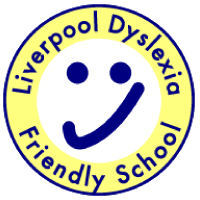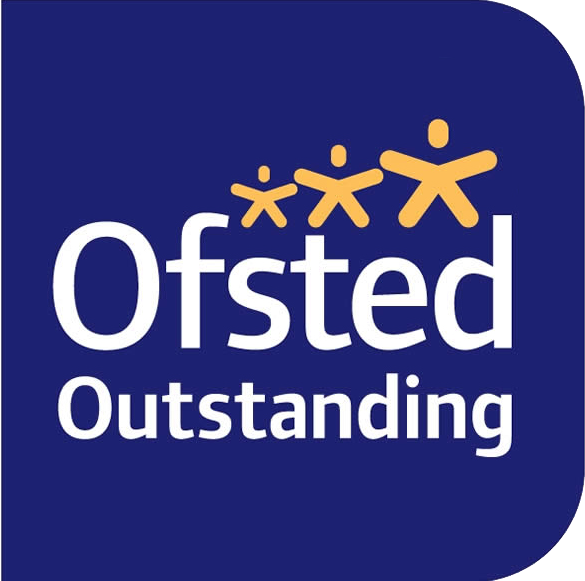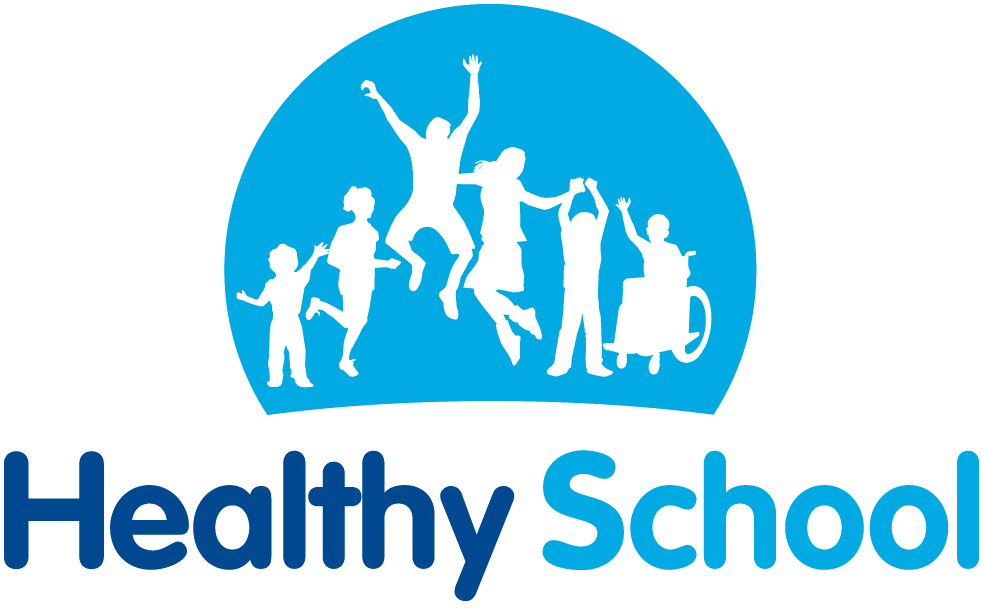Vision
At Bank View, maths is both a key skill within school, and a life skill to be utilised through everyday experiences. We aim to deepen children’s mathematical understanding through a high-quality maths education which provides a firm foundation to build upon knowledge that is used in everyday life and activities. We aim to develop pupils’ ability to reason, build on fluency and make them resilient learners who become active problem solvers
Intent
It is our intent at Bank View is to enable all learners to enjoy and succeed in mathematics. We want learners to think about maths beyond what is tested in national examinations and to be equipped with an understanding of mathematics that will be relevant and useful in their future studies and/or in the world of work. The Mathematics programme is based on three core principles: to provide learners with a deep conceptual understanding of mathematical principles, the ability to confidently communicate in precise mathematical language while becoming mathematical thinkers. We are confident that if a pupil understands the core principles, they will be able to remember more and do more maths, within whichever context they encounter it.
Implementation
Where it all begins…
The Early Years Foundation Stage (EYFS) Curriculum is used by our Early Years teachers as a guide to support their teaching of Mathematics in the Foundation Stage. Our practitioners work to provide children with a strong base on which to build their mathematical knowledge. The environment is planned and facilitated to develop mathematical skills and understanding. The children are provided with opportunities to explore, enjoy, learn about, and use Mathematics in a range of personalised situations using a variety of open-ended resources. Mathematics is planned weekly with the children’s next-step requirements in mind. Mathematics is taught in adult-led situations, child-initiated and is always planned for within continuous provision resources that are provided to give children opportunities to use their mathematical skills in real-life situations.
The maths curriculum in Years 1-6 is based on the National Curriculum, we follow the ‘White Rose Hub’ small steps approach. This is a whole-school primary Maths curriculum that creates continuity and progression in the teaching of mathematics. Teachers are given the flexibility to use a variety of resources to deliver their lesson objectives for their classes.
Maths is taught discretely but staff also make meaningful links across subjects and link prior knowledge to new knowledge to deepen children’s learning. We believe that by crafting our curriculum this way, we improve the potential for our children to retain what they have been taught, to alter their long-term memory and thus improve the rates of progress they make.
Concrete Pictorial Abstract
We implement our approach through high-quality teaching delivering appropriately challenging work for all individuals. To support this, we use a Concrete Pictorial Abstract (CPA) approach to teaching mathematical concepts. Reinforcement of learning is achieved by going back and forth between these representations, building pupils’ conceptual understanding instead of an understanding based on completing mathematical procedures.
- Concrete – the doing: A pupil is introduced to an idea or a skill by acting it out with real objects. This is a ‘hands-on’ component using real objects and it is the foundation for conceptual understanding. ‘Concrete’ refers to objects such as Dienes apparatus, fraction tiles, counters, or other objects that can be physically manipulated.
- Pictorial – the seeing: A pupil may also begin to relate their understanding to pictorial representations, such as a diagram or picture of the problem.
- Abstract – the symbolic: A pupil is now capable of representing problems by using mathematical notation, for example 12 ÷ 2 = 6. This is the most formal and efficient stage of mathematical understanding. Abstract representations can simply be an efficient way of recording the maths, without being the actual maths.
Impact
The impact of our mathematics curriculum is that children understand the relevance and importance of what they are learning about real-world concepts. Children know that maths is a vital life skill that they will rely on in many areas of their daily life. Children have a positive view of maths due to learning in an environment where maths is promoted as being an exciting and enjoyable subject in which they can investigate and ask questions; they know that it is reasonable to make mistakes because this can strengthen their learning through the journey to finding an answer. Children are confident to ‘have a go’ and choose the equipment they need to help them to learn along with the strategies they think are best suited to each problem. Our children have a good understanding of their strengths and targets for development in maths and what they need to do to improve.








